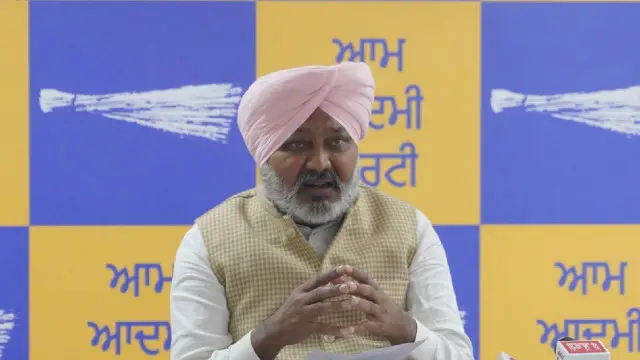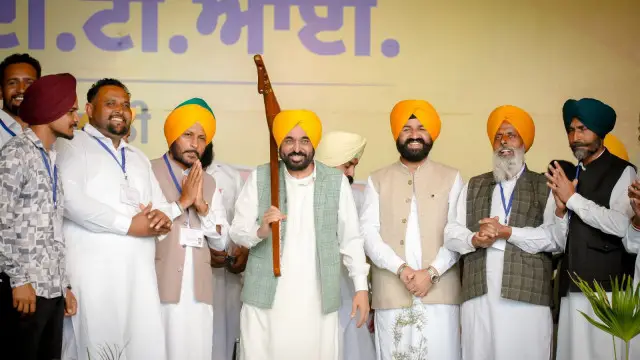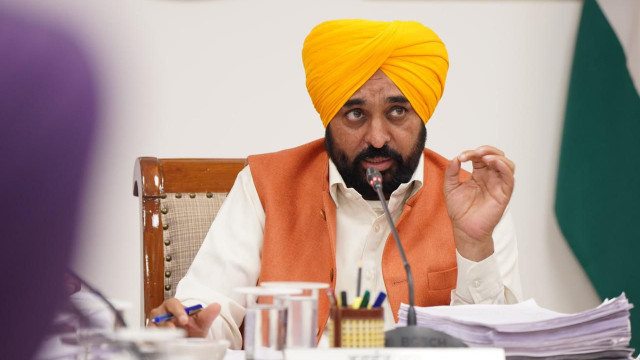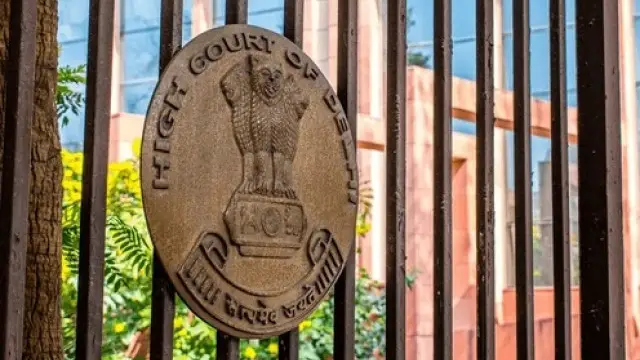Punjab Assembly Holds Historic Special Session At Anandpur Sahib Honouring Guru Tegh Bahadur’s Martyrdom
For the first time in history, the Punjab Government convened a special Assembly session at Sri Anandpur Sahib to commemorate the 350th martyrdom anniversary of Guru Tegh Bahadur Ji, honouring spirituality and heritage.
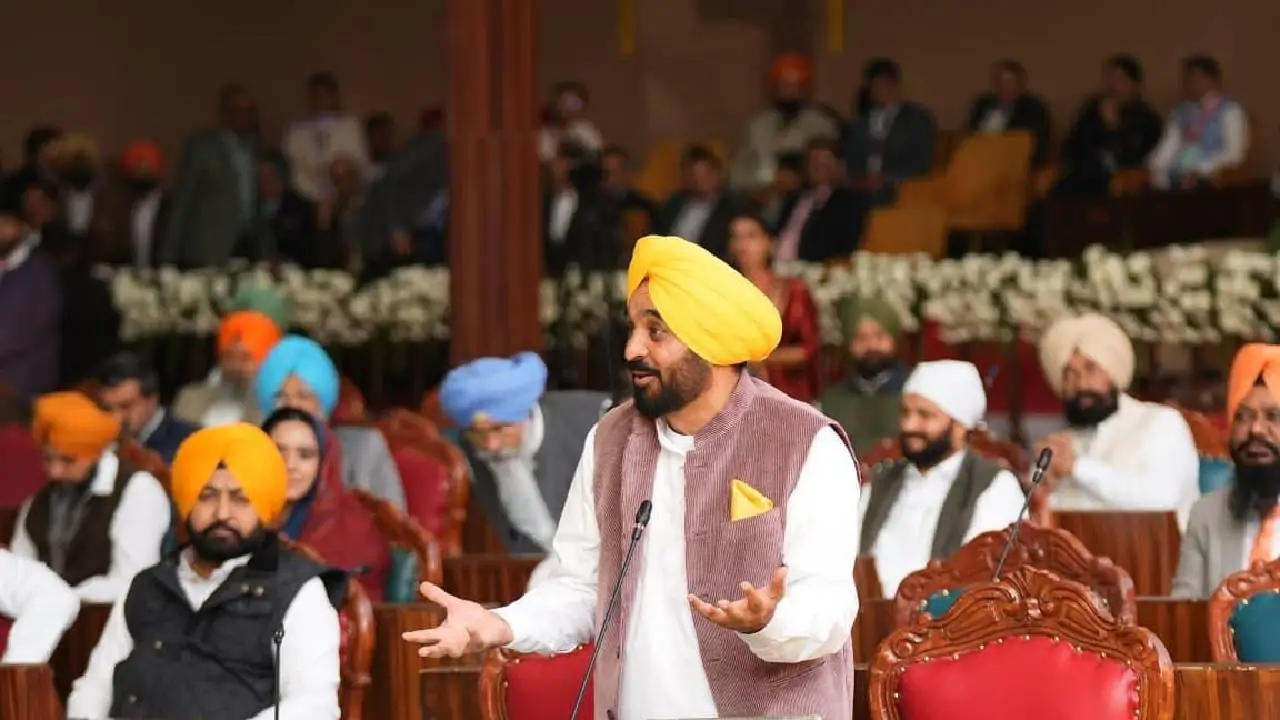
The Punjab Assembly marked a turning point by holding its special session outside the state capital Chandigarh. The session took place in the sacred town of Anandpur Sahib, recognised for its central role in Sikh history. This decision was taken to honour the 350th martyrdom anniversary of Guru Tegh Bahadur Ji. Leaders described it as more than an administrative step, calling it a spiritual tribute. The historic move received widespread appreciation across religious and political circles.
Why Is Anandpur Sahib Significant?
Anandpur Sahib is the land where Guru Gobind Singh Ji founded the Khalsa Panth. It stands as a symbol of courage, faith and cultural identity in Sikhism. Many important events related to Sikh philosophy took place here. Conducting the Assembly session in this location showcased deep respect toward Punjab’s spiritual heritage. It emphasised the connection between governance and faith. The holy atmosphere created during the session left a strong emotional impact.
What Key Proposal Was Passed?
Chief Minister Bhagwant Mann proposed declaring Anandpur Sahib, Talwandi Sabo and the Golden Temple area as “Holy Cities”. The Assembly passed this proposal unanimously, marking a major step towards preserving Punjab’s religious legacy. Leaders highlighted that this decision would strengthen heritage protection. The initiative is expected to boost spiritual tourism and cultural awareness. Lawmakers portrayed it as a landmark moment in safeguarding sacred traditions.
What Events Accompanied The Session?
Alongside the session, major religious activities were organised statewide. Thousands of devotees participated in Nagar Kirtan processions with deep reverence. Seminars focused on teachings, values and sacrifices of Guru Tegh Bahadur Ji. Blood donation drives were also conducted to encourage public service. Tree plantation programs promoted environmental responsibility. The day turned into a spiritual celebration involving community welfare.
How Was Guru Tegh Bahadur Honoured?
Speakers highlighted that Guru Tegh Bahadur Ji sacrificed his life to protect religious freedom and humanity. He stood for Kashmiri Pandits, making it a remarkable example of tolerance. His sacrifice was described as unmatched in global history. Leaders urged the younger generation to draw inspiration from his moral courage. The session encouraged the spread of his philosophy of equality and righteousness.
What Message Did The Government Convey?
The Punjab Government emphasised the importance of linking democratic institutions with cultural and religious values. Officials stated that governance must reflect the principles of harmony and unity. The session showcased how political systems can uphold spiritual traditions. It reinforced societal trust in leadership. The gesture became an example of progressive yet rooted administration.
Why Will This Remain Historic?
The special Assembly session strengthened Punjab’s identity at national and global levels. Leaders called it a landmark that unites heritage with governance. It demonstrated that constitutional values and spiritual beliefs complement each other. The initiative is expected to inspire future generations. Historians believe it will be remembered as a golden chapter in Punjab’s journey.




